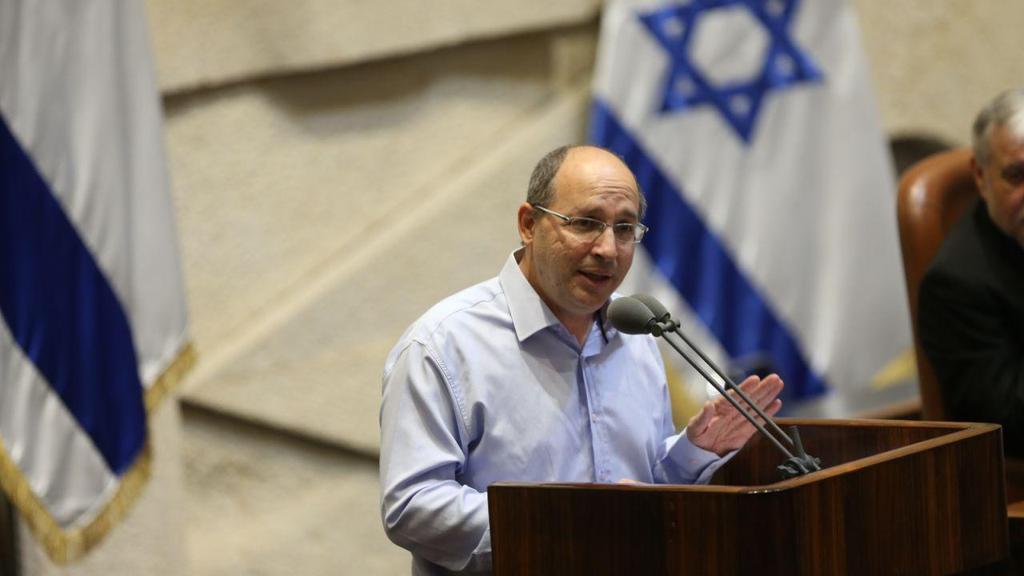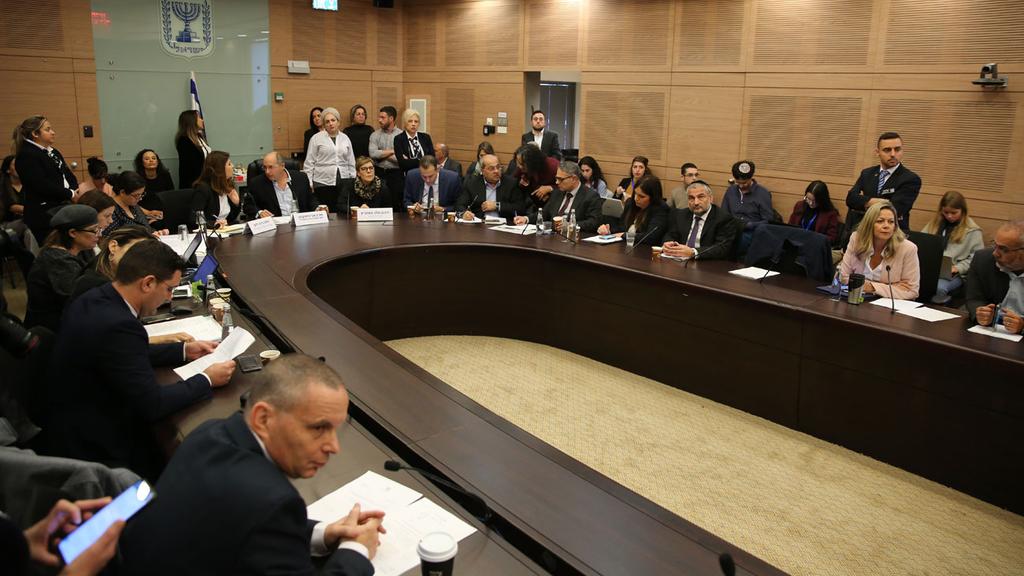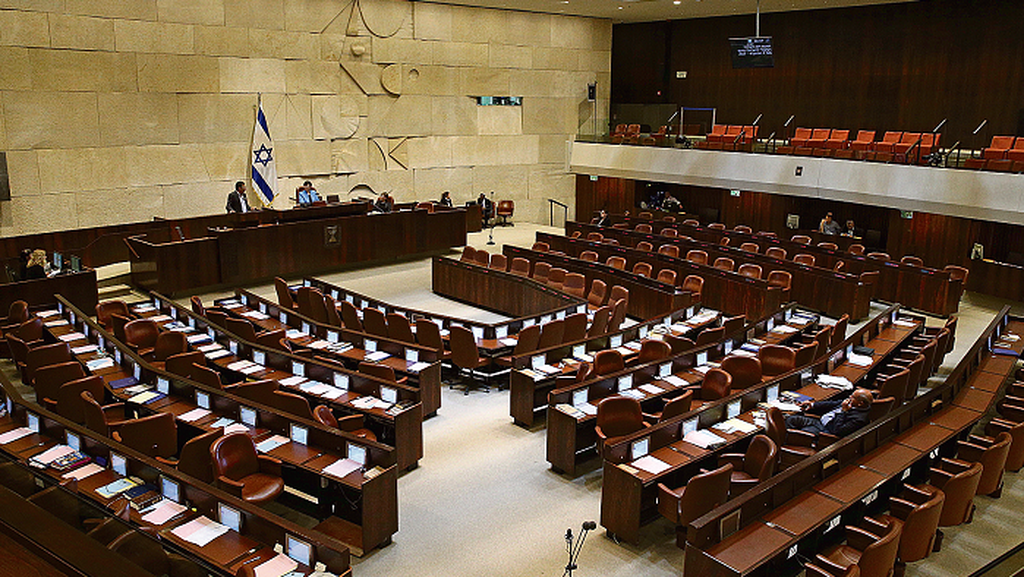The Knesset was officially dissolved at midnight Wednesday as the deadline to form a new government passed, almost three months after Israel last went to the polls.
Members of Knesset were to vote overnight on the agreed date for snap election, which was expected to take place on March 2, 2020.
Earlier Wednesday, the Knesset passed the first reading of a bill to dissolve itself with the rest of the required readings set to be fast-tracked through parliament overnight.
But time ran out and Israel was automatically launched into its third election cycle within 12 months. All that was left for MKs was to determine the date of Election Day.
Israeli law states that should no government be formed within the allotted period after an election, parliament is dissolved and a fresh ballot will take place after 90 days. But that would clash with Purim holiday, forcing lawmakers to change the date.
4 View gallery


Benjamin Netanyahu and Benny Gantz meet in Tel Aviv in an attempt to form a unity government after the Sept, 17 elections
(Photo: Elad Malka)
The speedy movement on the legislation came after the Knesset Arrangements Committee agreed Wednesday morning to waive the usual period for passing a bill.
Blue and White MK Avi Nissenkorn presented the draft legislation, expressing his regret at the current political stalemate that led to this point.
"My heart aches today and I think that is true of all Knesset members. I thought, or at least hoped, that the laws I would pass would be social legislation and not proposals for the dissolution of the Knesset, but this is what is happening now," he said.
"It's a hard day for the Israeli public, each side thinks the other is to blame and I ask that we behave in a statesmanlike manner and that we see better days."
4 View gallery


Blue and White MK Avi Nissenkorn addresses the Knesset as it votes to dissolve itself
(Photo: Alex Kolomoisky)
Barring a near impossible breakthrough in coalition efforts, the bill is expected to pass and set March 2, 2020 as the date of the unprecedented third round of elections within a 12-month period.
With the bill not passing before midnight, MKs were then left to vote on new elections would automatically be set for March 10.
The move prolongs a political stalemate that has paralyzed the government and undermined many citizens' faith in the democratic process.
4 View gallery


The Knesset Arrangements Committee agrees to fast-track legislation to dissolve parliament and hold fresh elections
(Photo: Alex Kolomoisky)
Both Prime Minister Benjamin Netanyahu of Likud and his chief rival Benny Gantz of the Blue and White party have for weeks insisted they want to avoid another costly election campaign that is expected to produce similar results.
But neither has been willing to compromise on their core demands for a power-sharing agreement. Netanyahu's recent indictment on corruption charges has added a murky legal imbroglio to the saga.
Following the September elections, both men failed during their officially mandated time to form a governing coalition on their own. Then, in a final three-week window, they could not join forces to avoid another vote.
Both sides said they were working until the last minute to find some way out of the deadlock. However, a breakthrough seemed highly unlikely.
Given Israel's divided state, and the deep mistrust between the opposing camps, there is no guarantee that another vote will break the loop of elections and instability that has rocked the country for the past year.
Recent opinion polls have forecast a similar deadlock after the next elections.
Another campaign, and the national holiday of Election Day, will cost the economy billions.


